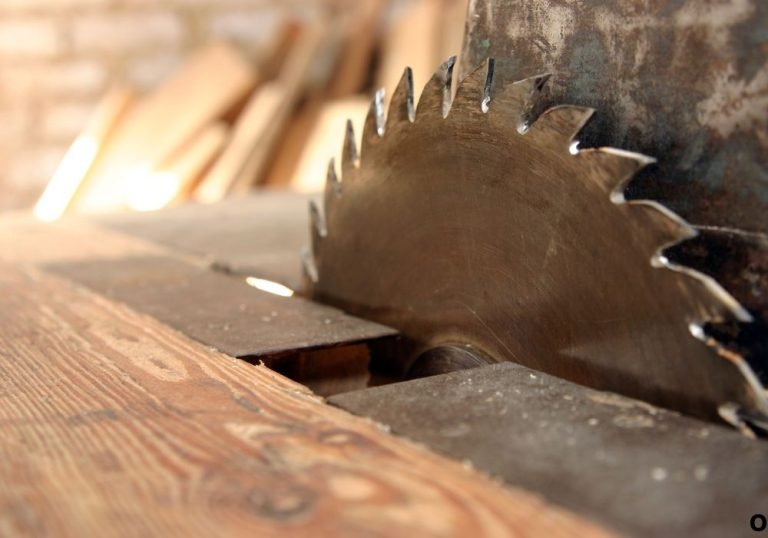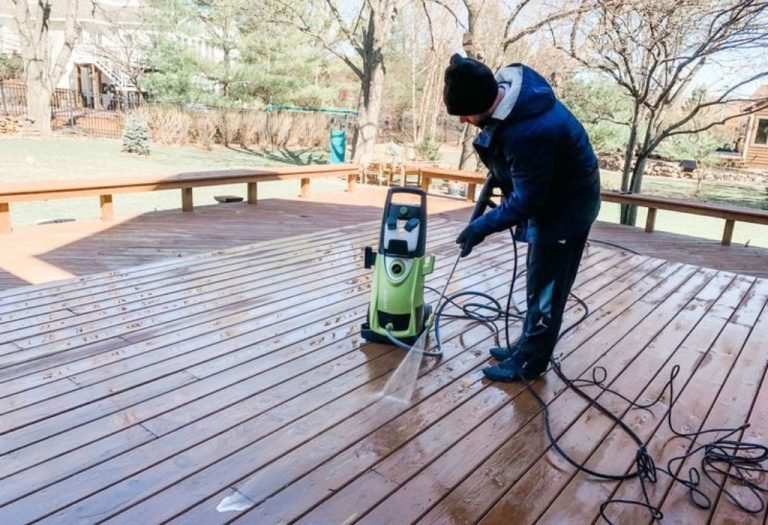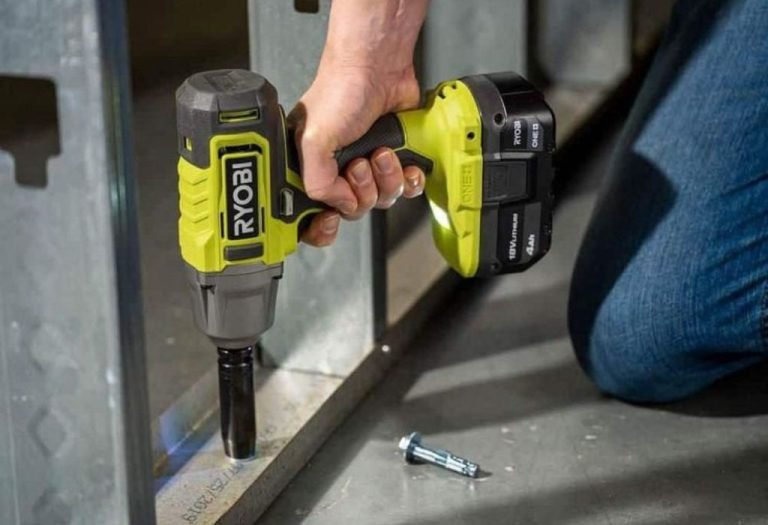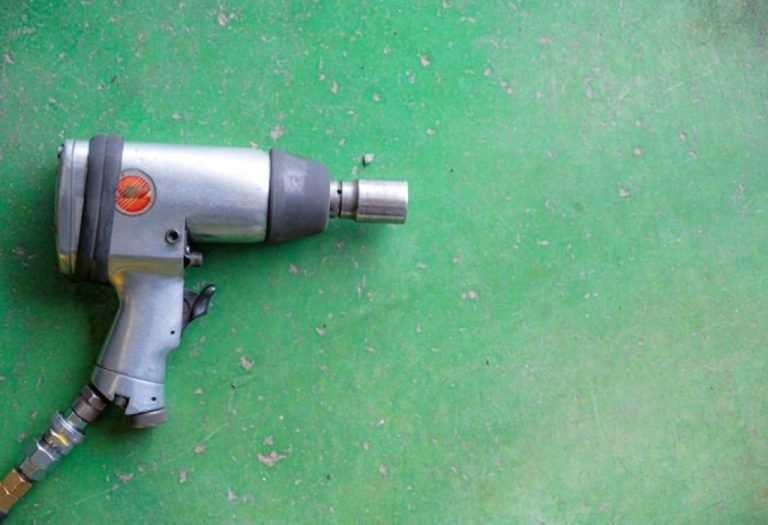What Does AC Mean on Stud Finder? Safety Tips Inside
simple home project like hanging a shelf can quickly turn dangerous if hidden wires are struck inside a wall.
The moment sparks fly from a drill bit hitting live wiring, safety and costly repairs instantly become a concern.
This is where the question arises: what does AC mean on stud finder and why should it matter to every homeowner.
Stud finders equipped with AC detection are designed to alert users to the presence of live electrical current.
They provide a vital warning that prevents drilling into hidden hazards lurking just beyond the drywall surface.
Electrical accidents are far more common than many realize, with over 30,000 non-fatal shock incidents reported annually in the U.S. (CDC).
Faulty or damaged wiring contributes to 51,000 home fires each year, causing billions in property damage and tragic injuries (NFPA).
These statistics highlight why understanding the AC function on a stud finder is essential for safe drilling practices.
Ignoring AC detection is not only a risk to property but also a direct threat to personal safety.
A single mistake with hidden wires can result in power outages, electrical fires, or life-threatening shocks.
Knowing what the AC warning means allows users to stop immediately and reconsider where and how to drill.
This introduction sets the stage for exploring how stud finders detect AC, the benefits of this feature, and why every DIY enthusiast or professional should use it.
By the end of this guide, readers will have the confidence to drill safely while avoiding costly and dangerous mistakes.
Understanding Stud Finders and Their Purpose
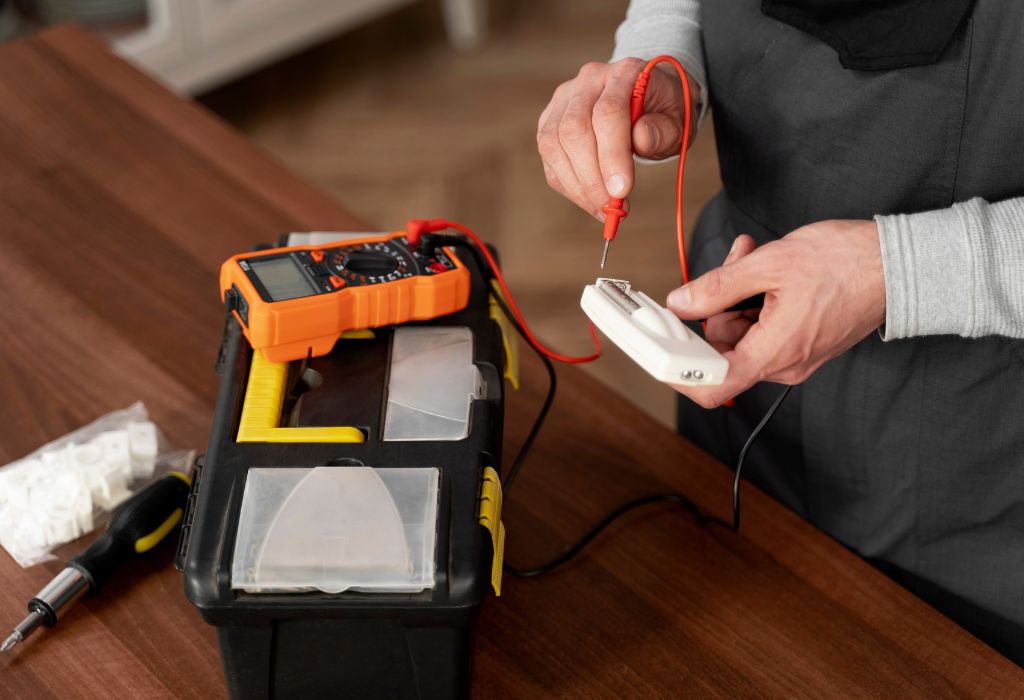
A stud finder is a handheld tool that helps locate studs, wires, and other hidden materials inside walls. Without this device, drilling or nailing blindly can lead to damaged wiring, broken pipes, or weakened structures.
There are different types of stud finders, including basic magnetic models and advanced electronic ones. While all detect studs, only electronic versions with sensors can also identify the presence of live wires.
This makes them indispensable for modern home improvement projects. Knowing the difference between models is the first step toward using them safely and effectively.
What is a stud finder?
A tool used to locate studs, wiring, or metal inside walls.
Why use a stud finder?
To avoid drilling into hidden wires or obstacles.
Do all stud finders detect AC?
No, only electronic models with built-in sensors.
Is AC detection important?
Yes, it adds a critical layer of safety to drilling tasks.
What Does AC Mean on Stud Finder?
The letters “AC” on a stud finder stand for Alternating Current, which is the flow of electrical energy in household wiring. When this symbol appears, the tool is alerting you to the presence of live wires.
Stud finders with AC detection usually show this through an icon, a beeping alert, or flashing lights. These indicators serve as a warning to stop drilling in that area immediately.
It is important to note that the tool does not measure voltage but simply detects electromagnetic fields. This means it senses current flow but cannot tell if a wire is neutral, hot, or overloaded.
What does AC stand for?
Alternating Current, the type of electricity in home wiring.
Why does AC appear on stud finders?
To warn you of live wires behind walls.
Does AC detection measure voltage?
No, it only senses the presence of live current.
Is AC detection a danger warning?
Yes, drilling near AC signals is unsafe and should be avoided.
Why AC Detection Matters for Safety
Drilling into live wires can lead to electrical shocks, fires, or serious property damage. Even a single mistake can trip circuit breakers or leave entire rooms without power.
Stud finders with AC detection protect users from these risks by warning of hidden wiring before drilling begins. This safety feature is especially critical in older homes where wiring layouts may not match blueprints.
For professionals, ignoring AC warnings can lead to liability issues and expensive repair costs. For homeowners, it can mean medical emergencies or devastating fires.
Can drilling into wires cause fires?
Yes, damaged wires can spark and ignite wall materials.
Can you get electrocuted by hidden wires?
Yes, live current poses a severe electrocution risk.
Should homeowners care about AC detection?
Absolutely, it protects families and property.
Is this feature necessary for professionals?
Yes, safety standards make AC detection a must-have tool.
How Stud Finders Detect AC Wires
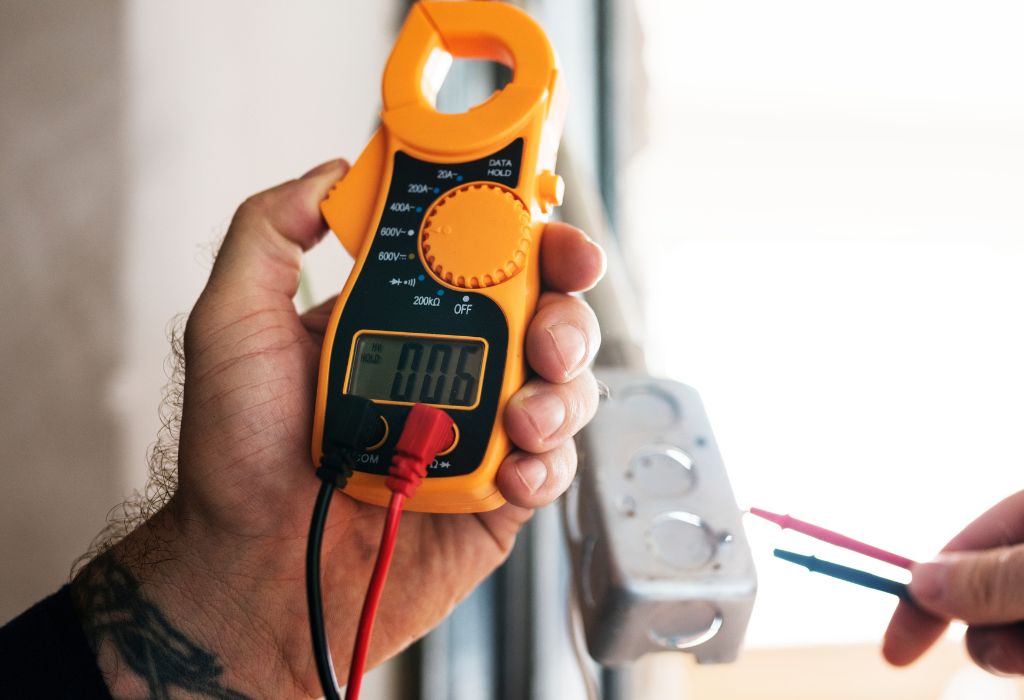
Electronic stud finders use sensors to detect electromagnetic fields created by live current. When the device senses these signals, it alerts the user with lights, icons, or sounds.
Most models can detect AC wires up to 2–3 inches deep inside walls. This is typically enough for drywall construction but may be limited in thicker materials.
Limitations exist, such as missing shielded wires or providing false signals near appliances. However, the feature remains highly reliable for everyday use.
How does AC detection work?
By sensing electromagnetic fields from live wires.
How deep can they detect wires?
Most detect up to 2–3 inches into drywall.
Can stud finders miss wires?
Yes, especially if wires are shielded or very deep.
Are all stud finders equally accurate?
No, performance depends on brand and model.
Common Symbols and Alerts on Stud Finders
Different stud finder brands use unique ways to display AC warnings. Some show a lightning bolt icon, while others flash red lights or beep continuously.
Understanding your tool’s signals is critical before starting any project. Misinterpreting alerts can lead to drilling into dangerous spots.
Some advanced models offer multi-color indicators for studs, metal, and wires separately. Always check your manual to know what the signals mean for your specific device.
What does a flashing AC icon mean?
It indicates the presence of live current.
Do stud finders beep for AC detection?
Yes, many models use audio signals.
Should you drill when AC is detected?
No, you should avoid that area.
Do signals differ by brand?
Yes, always read your model’s guide.
Benefits of Using a Stud Finder with AC Detection
The primary benefit of AC detection is safety, but the feature also saves money and time. By avoiding hidden wires, you prevent costly wall repairs and dangerous electrical problems.
AC detection also makes projects more efficient. Instead of second-guessing wall conditions, you get clear warnings about where not to drill.
Professionals benefit from reduced liability, while homeowners gain peace of mind. The investment in an AC-detecting stud finder pays off quickly in safety and reliability.
Is AC detection worth paying extra for?
Yes, safety and reliability justify the cost.
Does AC detection improve accuracy?
Yes, it prevents drilling in unsafe areas.
Can it save repair costs?
Yes, by avoiding electrical damage and fires.
Do professionals require AC detection?
Yes, it is standard practice for safe work.
Limitations of AC Detection in Stud Finders
Stud finders are not perfect, and AC detection has limitations. False positives can occur near appliances or metal objects.
Detection depth is limited, so wires buried deeper than 3 inches may not be detected. Additionally, stud finders cannot identify if a wire is neutral, hot, or carrying heavy loads.
For best results, always cross-check findings with a dedicated voltage tester. Combining tools ensures maximum safety in drilling projects.
Can stud finders misread signals?
Yes, interference may cause false alerts.
Do they detect all wires?
No, thick walls or shielded wires may be missed.
Can they identify wire type?
No, they only detect live current.
Should you double-check with another tool?
Yes, always confirm with a voltage tester.
Choosing the Right Stud Finder with AC Detection
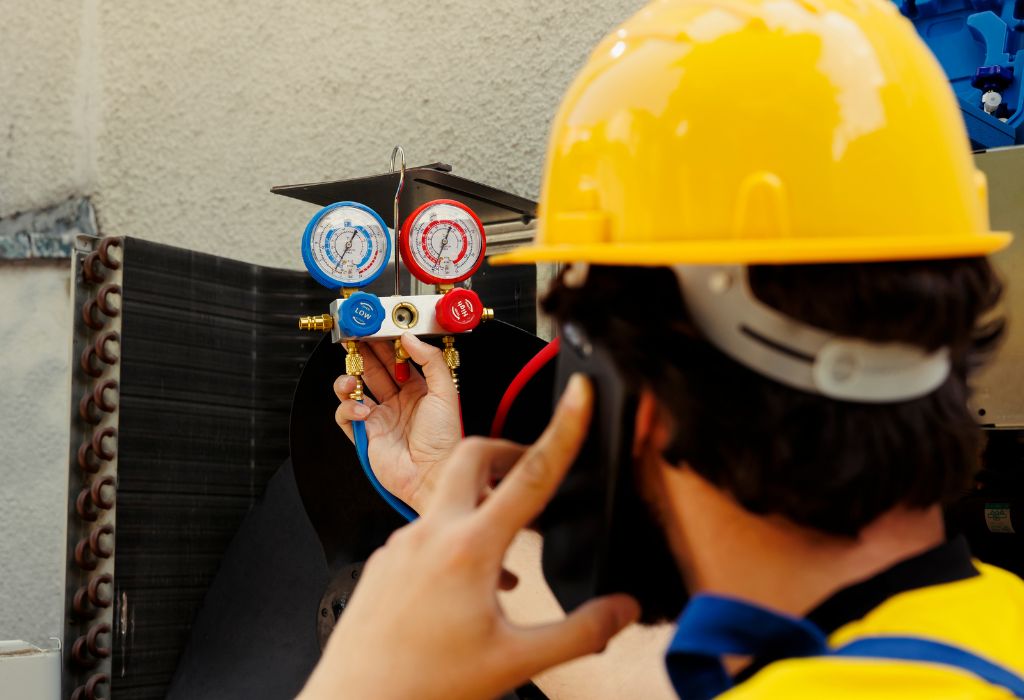
Not all stud finders are equal, so choosing the right one is important. Basic models may not include AC detection, while advanced versions offer multiple scanning modes.
Top brands like Zircon, Bosch, Franklin Sensors, and DeWalt offer reliable tools with AC safety features. Consider depth capacity, ease of use, and brand reputation when buying.
Budget should also be considered, but safety should take priority over small savings. Investing in a reliable model ensures long-term confidence in all drilling tasks.
Which stud finder brands are best?
Zircon, Bosch, Franklin, and DeWalt lead the market.
Do all stud finders have AC detection?
No, only mid-range and advanced models include it.
Should homeowners buy one with AC detection?
Yes, it improves safety for all users.
What features should I prioritize?
Depth range, AC alerts, and easy-to-read displays.
Practical Tips for Safe Drilling with AC Detection
Even with AC detection, safe drilling requires careful planning. Always scan walls multiple times before drilling and mark detected wires clearly.
If the device alerts to AC presence, avoid that location entirely. When in doubt, turn off the circuit breaker to eliminate electrical risk.
Combine your stud finder with a dedicated voltage tester for maximum accuracy. Safety comes from using multiple tools and taking precautions seriously.
Should I drill if AC is detected?
No, move to a safe location.
How can I increase accuracy?
Scan multiple times in different directions.
Should I cut power before drilling?
Yes, especially if AC warnings appear.
Can I trust the stud finder alone?
No, confirm with a voltage tester for safety.
Market Trends and Future of Stud Finders
Stud finders are evolving with smarter technology and better sensors. Many modern models now feature Bluetooth connectivity and app integration.
Future designs promise deeper scanning, fewer false positives, and more reliable AC detection. Prices are also dropping, making advanced models more accessible to homeowners.
The trend shows that AC detection is becoming a standard feature in both consumer and professional-grade tools. This ensures greater safety across all levels of home improvement projects.
Are stud finders becoming smarter?
Yes, many now include smart sensors and apps.
Will AC detection improve?
Yes, future models promise better accuracy.
Are advanced models more affordable now?
Yes, prices are gradually decreasing.
Is AC detection standard in new tools?
It is quickly becoming a common feature.
Conclusion
The answer to what does AC mean on stud finder is simple: it signals the presence of live electrical current behind walls. This warning protects you from the dangers of shocks, fires, and costly damage.
While stud finders vary in design, AC detection is one of the most valuable safety features available today. Whether you are a professional contractor or a weekend DIYer, this function can save lives and money.
Always use AC detection in combination with safe drilling practices and additional tools like voltage testers. By making safety a priority, every project can be completed with confidence and peace of mind.

I’m Michael R. Turner, the founder, lead writer, and passionate DIY enthusiast behind 101diytools.com. With years of hands-on experience in home improvement and power tools, I built this platform to share practical tips, in-depth guides, and honest reviews to help DIYers of all skill levels tackle projects with confidence and the right tools.

